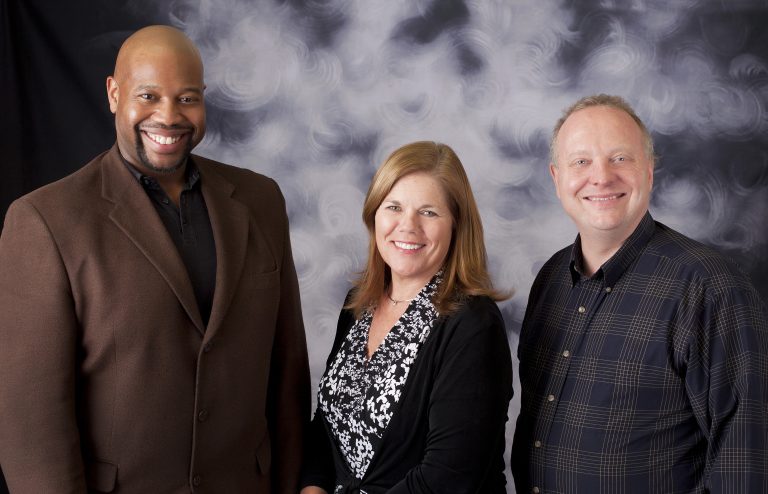Blog

By Dr. Aaron Ellington, PhD, LPCC-S, LICDC-CS
Mental health crises can feel overwhelming—emotions rise quickly, and it may seem impossible to cope in the moment. Whether it’s intense sadness, anxiety, or urges to act impulsively, these moments can create a sense of being trapped. Dialectical Behavior Therapy (DBT) offers a set of distress tolerance skills called IMPROVE, which can help you navigate a crisis without making things worse.
The IMPROVE skill isn’t about solving the underlying problem right away. Instead, it’s about getting through the moment safely by reducing emotional intensity and creating space to think clearly. Once you’re calmer, you can return to problem-solving with a clearer mind.
Breaking Down the IMPROVE Skill
IMPROVE is an acronym that stands for several ways to cope during a crisis:
- Imagery – Visualize a safe place, a calming scene, or imagine yourself successfully coping with the situation. For example, picture sitting by the ocean, breathing steadily, or seeing yourself handling the crisis step by step.
- Meaning – Remind yourself of your values or reasons to keep going. Even in crisis, connecting to meaning (“I want to be there for my children,” or “This feeling will pass, and I value my recovery”) can strengthen resilience.
- Prayer – This can be spiritual or simply a moment of turning things over to something greater than yourself, even if that’s hope or a sense of connection.
- Relaxation – Use physical relaxation techniques such as deep breathing, stretching, taking a warm shower, or progressive muscle relaxation to reduce tension.
- One thing in the moment – Ground yourself by focusing fully on the here and now. Notice your surroundings, name objects in the room, or focus on the sensations of a single activity like sipping tea.
- Vacation (brief) – Give yourself permission to mentally or physically step away. This could mean taking a short walk, listening to music, or watching a lighthearted show—anything that gives your mind a break.
- Encouragement – Talk to yourself the way you would talk to a friend. Phrases like “I can get through this,” or “This feeling won’t last forever” can help shift your mindset.
Why IMPROVE Works in a Crisis
When emotions run high, it’s easy to act impulsively in ways that may worsen the situation—such as lashing out, withdrawing completely, or turning to unhealthy coping. IMPROVE interrupts this cycle by:
- Providing immediate tools for calming your body and mind
- Helping you anchor in the present instead of spiraling in thoughts
- Encouraging self-compassion during difficult moments
- Giving your brain the time it needs to move from “survival mode” back to clearer thinking
Practical Tips for Using IMPROVE
- Create a crisis plan: Write down which IMPROVE skills work best for you so you can refer to them when overwhelmed.
- Practice ahead of time: Try the skills when you’re calm, so they become easier to access in a crisis.
- Mix and match: Some days imagery may help; other times relaxation or encouragement may work better.
- Pair with support: Use IMPROVE alongside reaching out to trusted people or professionals for help when needed.
Putting It All Together
Crises are painful, but they are also temporary. The DBT IMPROVE skill provides a toolbox for riding out the storm without adding more damage. By practicing imagery, meaning, prayer, relaxation, focusing on one thing, brief vacations, and self-encouragement, you can create breathing room for your mind and body. That space makes it possible to get through the moment safely and move forward with clarity.
In Summary: IMPROVE skills won’t erase the crisis, but they help you survive it skillfully. Each step you take builds resilience, showing you that you can get through even the hardest moments without losing hope. At Behavioral Health Services of Greater Cleveland, we specialize in evidence-based therapies like DBT that are tailored to your unique needs. Contact us today to schedule a consultation and explore the best options for your mental health journey. Behavioral Health Services of Greater Cleveland has two locations for in-person sessions (Rocky River and Medina), and Telehealth is available. Please call (866) 466-9591 ext. 0 for an intake.
Related Posts
Founded in 2008, BHSOGC has delivered professional Psychology Services to the greater Cleveland area with offices in Medina and Rocky River. We are a multi-disciplinary group practice with a clinical staff of psychologists, licensed social workers and masters level therapists.




